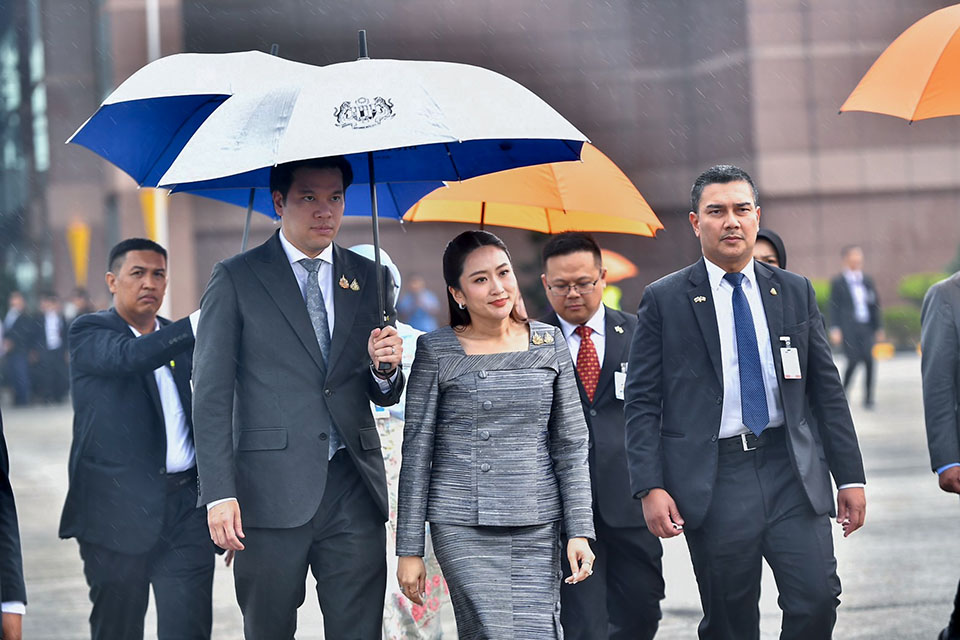
BANGKOK, Thailand – There has been growing concern and a lack of confidence in Thailand’s Prime Minister, Ms. Paetongtarn Shinawatra, particularly in her ability to address the country’s pressing economic challenges and political divisions. Critics have raised questions about her leadership style, accusing her of being inexperienced and too closely tied to the Shinawatra family, which has been a source of controversy in Thai politics for years.
A significant part of the discontent stems from economic issues, including slow recovery from the COVID-19 pandemic, rising inflation, and sluggish foreign investment. Despite efforts to address these challenges, many people feel that the government has not delivered significant improvements or provided clear plans for long-term economic growth.
Additionally, political polarization continues to plague Thailand, with deep divisions between pro-government factions and opposition groups. While Prime Minister Paetongtarn has tried to navigate this political landscape, her administration has struggled to bring about national unity or effectively address the concerns of all Thais.
Public approval ratings have fluctuated, with many citizens expressing frustration over the government’s perceived inaction. The Prime Minister’s response to ongoing protests and calls for political reforms has also been a point of contention. Critics argue that her leadership has not been assertive enough to address the needs of the population or to tackle the entrenched political conflicts that have long hindered progress in the country.
As Thailand faces economic and political turbulence, the lack of confidence in the Prime Minister is becoming a growing concern for the stability and future of the nation. The public and political observers are now questioning whether she will be able to turn things around or if new leadership is required to restore the faith of the Thai people.










